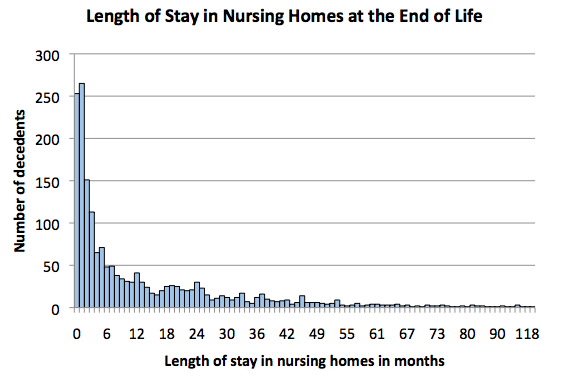The basic concept of LTC makes no sense to me. You start off buying it in your 50's when you are very unlikely to need it, but you buy it then because they scare you into thinking it won't be affordable if you wait until your 70's. But it has to cost more if you wait, because you didn't spend money for the last 20 years investing into the fund.
But what makes even less sense to me is that if you do start to take it in your 50s under the theory that it will cost less, why would you then agree to a contract where the insurance company can raise rates as much as they want at any time? They have all the leverage and you can only choose to continue to pay the high rates or drop out and lose all the money you spent so far. It seems very lopsided toward the insurance companies to me. I would never agree to a deal where the company I'm doing business with can raise rates any time they wish and my only options are to suck it up or forfeit everything.
My sentiments exactly. If the rates were locked i could perhaps understand it, but to have the ability to raise your rates, especially as you get closer to cashing in on the need, seems absurd. For those who are "young enough to afford it" why not start your own fund to accumulate for the need if it ever materializes? It just seems like a permit to scam to me. I'm sure it's worked out for some, but what about all those who paid it for years, the rates went up and they dropped it?

